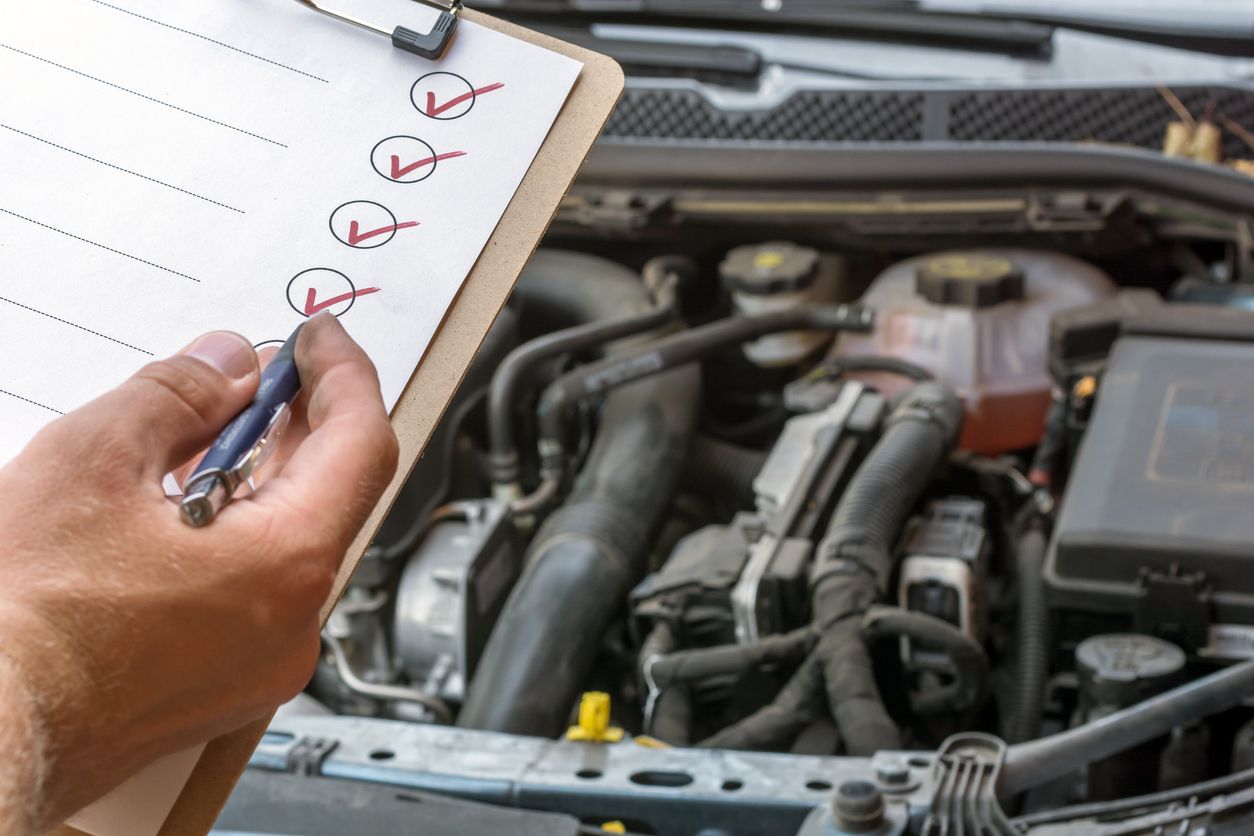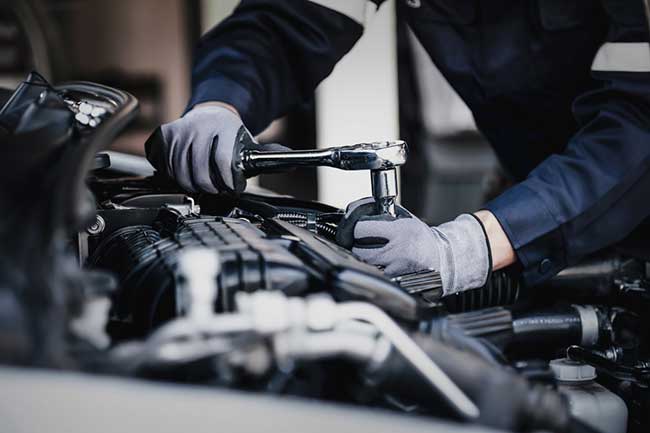All Categories
Featured
The engine is one of the most critical elements of any type of car, and maintaining it in leading shape is crucial for durability and efficiency. Pricey engine repair work can be a financial burden, but you can minimize this risk with appropriate preventative treatment. Here are some functional actions you can take to ensure your engine continues to be dependable and healthy.
Oil is the lifeline of your engine, lubricating its preventing and moving parts deterioration. In time, engine oil becomes dirty and loses its effectiveness. Follow your supplier's standards for oil adjustment periods, usually every 3,000 to 5,000 miles or as advised for artificial oils. Neglecting oil adjustments can lead to raised friction, getting too hot, and pricey engine damage.
The cooling system manages your engine's temperature, stopping it from overheating. Filthy or low coolant can lead to overheating and trigger significant damages to engine parts. Routinely check coolant levels and purge the system as suggested by your vehicle's maintenance schedule.
A clean air filter makes sure that your engine gets an adequate supply of clean air for combustion. Filthy air filters restrict airflow, making the engine job tougher and minimizing fuel effectiveness. If it appears unclean or clogged up., examine your air filter regularly and change it.
![]()
Control panel warning lights, specifically the check engine light, should never ever be neglected. These indications signal you to possible problems with the engine or related systems. Quickly detecting and dealing with these problems can avoid them from rising right into extra severe and expensive repairs.
Driving with extreme lots or in extreme problems can stress your engine. With time, this tension can bring about getting too hot and wear. Stay with your automobile's recommended weight restrictions and avoid revving the engine exceedingly throughout operation.
Utilizing costs or high-quality gas can stop carbon deposits from creating inside your engine. Periodically, adding a gas system cleaner can also help preserve gas injector and shutoff cleanliness, making sure ideal engine efficiency.
Belts and hose pipes are crucial for the appropriate functioning of your engine's cooling, electrical, and air conditioning systems. Regularly examine these elements for indications of wear, cracks, or leakages, and replace them as needed.
Abrupt velocity and braking can stress your engine and drivetrain. By driving smoothly and preserving a consistent rate, you minimize unnecessary stress on the engine, advertising its long-term wellness.
![]()
Even if your car appears to be running penalty, routine assessments by an expert mechanic can uncover prospective concerns prior to they come to be significant. Technicians can determine and resolve early signs of wear or breakdown, saving you cash in the future.
By adopting these precautionary procedures, you can avoid the high costs related to engine repair work and guarantee your lorry continues to be in outstanding problem for several years. Routine maintenance and care not only save cash however additionally give peace of mind when driving.
- Schedule Normal Oil Changes
Oil is the lifeline of your engine, lubricating its preventing and moving parts deterioration. In time, engine oil becomes dirty and loses its effectiveness. Follow your supplier's standards for oil adjustment periods, usually every 3,000 to 5,000 miles or as advised for artificial oils. Neglecting oil adjustments can lead to raised friction, getting too hot, and pricey engine damage.
- Watch on Engine Coolant Levels
The cooling system manages your engine's temperature, stopping it from overheating. Filthy or low coolant can lead to overheating and trigger significant damages to engine parts. Routinely check coolant levels and purge the system as suggested by your vehicle's maintenance schedule.
- Replace Air Filters as Needed
A clean air filter makes sure that your engine gets an adequate supply of clean air for combustion. Filthy air filters restrict airflow, making the engine job tougher and minimizing fuel effectiveness. If it appears unclean or clogged up., examine your air filter regularly and change it.

- Display and Address Caution Lighting
Control panel warning lights, specifically the check engine light, should never ever be neglected. These indications signal you to possible problems with the engine or related systems. Quickly detecting and dealing with these problems can avoid them from rising right into extra severe and expensive repairs.
- Stay Clear Of Straining Your Engine
Driving with extreme lots or in extreme problems can stress your engine. With time, this tension can bring about getting too hot and wear. Stay with your automobile's recommended weight restrictions and avoid revving the engine exceedingly throughout operation.
- Usage High-Quality Gas and Ingredients
Utilizing costs or high-quality gas can stop carbon deposits from creating inside your engine. Periodically, adding a gas system cleaner can also help preserve gas injector and shutoff cleanliness, making sure ideal engine efficiency.
- Replace Worn Belts and Hose Pipes
Belts and hose pipes are crucial for the appropriate functioning of your engine's cooling, electrical, and air conditioning systems. Regularly examine these elements for indications of wear, cracks, or leakages, and replace them as needed.
- Exercise Smooth Driving Behaviors
Abrupt velocity and braking can stress your engine and drivetrain. By driving smoothly and preserving a consistent rate, you minimize unnecessary stress on the engine, advertising its long-term wellness.
- Obtain Specialist Evaluations

Even if your car appears to be running penalty, routine assessments by an expert mechanic can uncover prospective concerns prior to they come to be significant. Technicians can determine and resolve early signs of wear or breakdown, saving you cash in the future.
By adopting these precautionary procedures, you can avoid the high costs related to engine repair work and guarantee your lorry continues to be in outstanding problem for several years. Routine maintenance and care not only save cash however additionally give peace of mind when driving.
Latest Posts
Enhancing Your Property with Washington Fencing Co.'s Timber Secure fencing
Published Apr 04, 25
1 min read
Change Your Space with Stunning Flooring
Published Apr 04, 25
1 min read
Delight In Serenity with a Bath Fitter Washroom Remodel
Published Apr 03, 25
1 min read